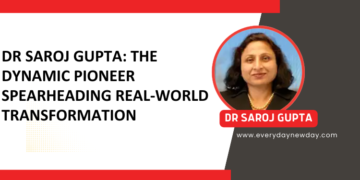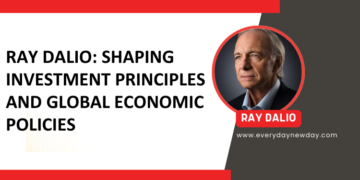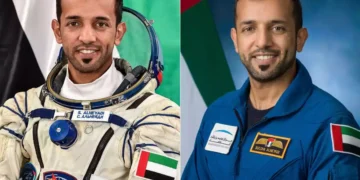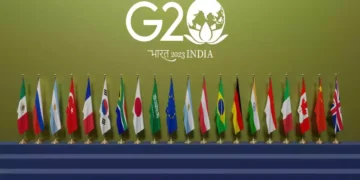Introduction
Manmohan Singh, a name synonymous with economic reform and political stability in India, has played a crucial role in shaping the country’s modern economic landscape. Born on September 26, 1932, Singh has held various significant positions in the Indian government, including serving as the Prime Minister of India from 2004 to 2014. As of 2024, he is alive and his legacy continues to inspire many.
Manmohan Singh Life and Education
Manmohan Singh was born in Gah, a small village that is now in Pakistan, before the partition of India. After completing his early education in India, Singh earned his undergraduate degree in Economics from Punjab University, Chandigarh. He then went on to further his studies at the University of Cambridge and completed his DPhil in Economics from the University of Oxford. His academic excellence set the stage for his future contributions to India’s economic policy.
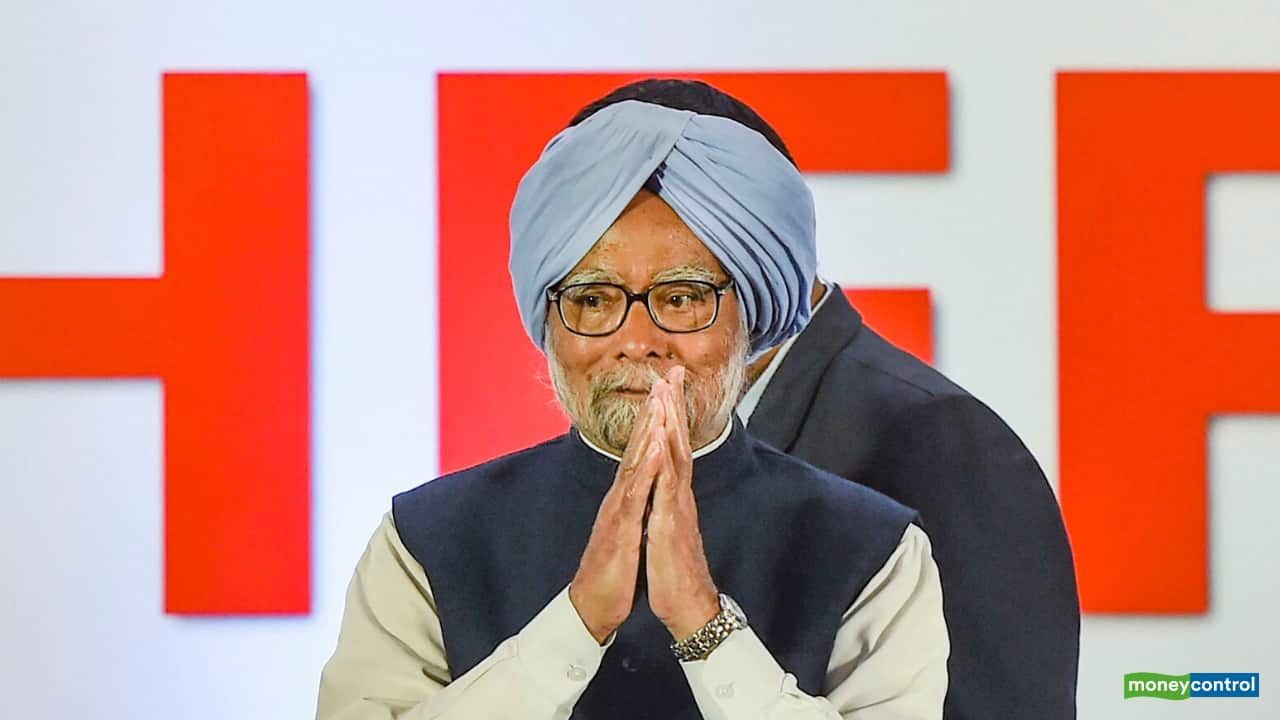
Economic Reforms and Achievements
Manmohan Singh’s most notable contribution came in 1991 when he was appointed as the Finance Minister of India. At a time when India was facing a severe economic crisis, Singh introduced a series of economic reforms that liberalized the Indian economy. These reforms included reducing import tariffs, deregulating markets, and opening up the economy to foreign investments. His policies are credited with transforming India from a closed economy to one of the fastest-growing economies in the world.

Prime Ministerial Tenure
In 2004, He became the first Sikh to hold the office of the Prime Minister of India. During his tenure, India saw significant economic growth, substantial improvement in relations with neighboring countries, and advancements in various sectors, including information technology and infrastructure. His leadership was marked by a focus on inclusive growth, aiming to uplift the underprivileged sections of society through schemes like the National Rural Employment Guarantee Act (NREGA) and the Right to Information Act.

Manmohan Singh Current Position and Age:
As of 2024, Manmohan Singh is 91 years old. While he has retired from active politics, he remains a respected figure in Indian public life. Singh continues to contribute through his writings and occasional public appearances, sharing his insights on economic policies and international relations.
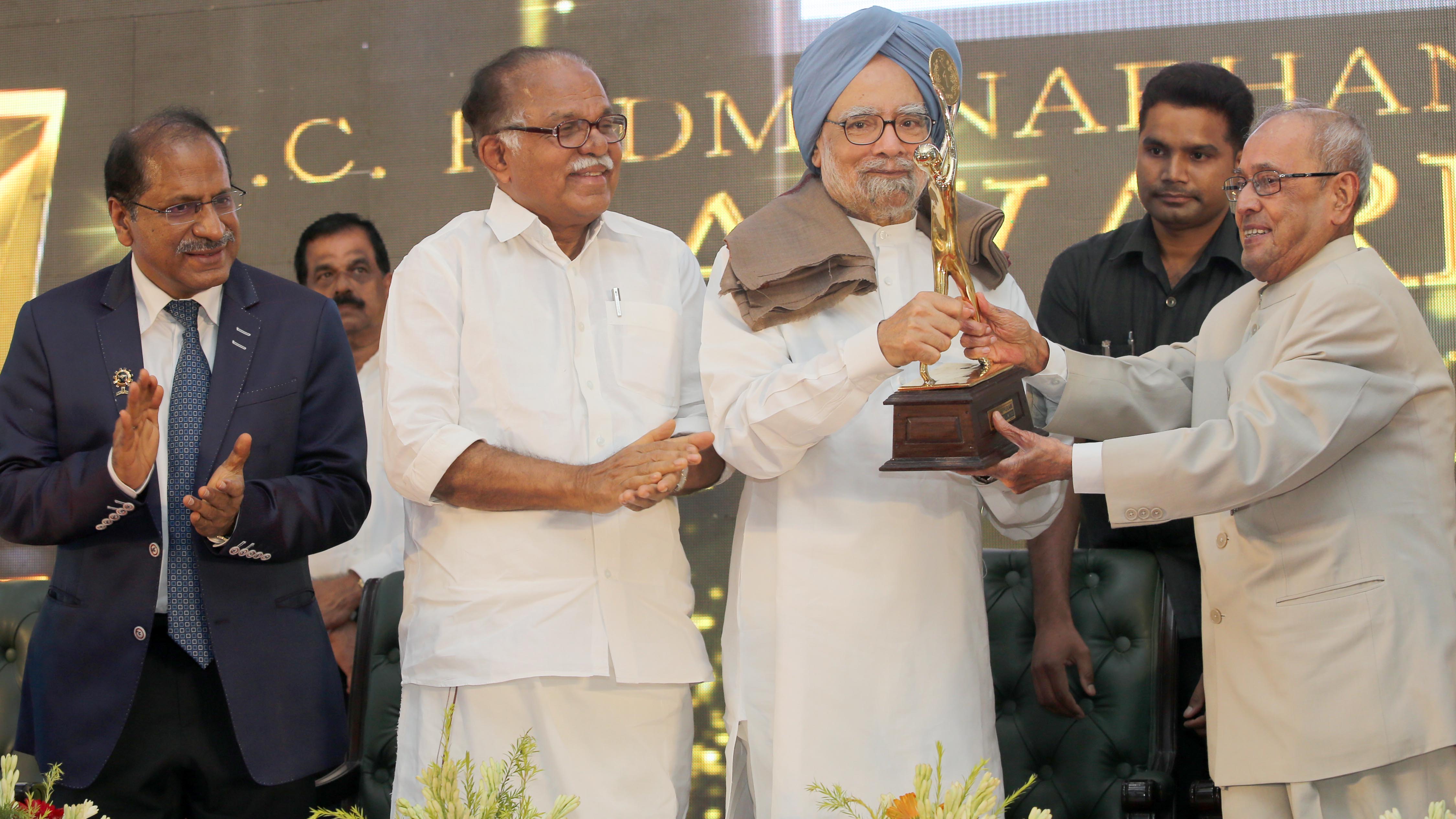
Manmohan Singh Family Life!
He is married to Gursharan Kaur, and the couple has three daughters, Upinder Singh, Daman Singh, and Amrit Singh. His family has largely stayed away from the political limelight, maintaining a relatively low profile.

10 Lines on Manmohan Singh
- Born on September 26, 1932, in Gah, Punjab (now in Pakistan).
- Completed his economics degree from Punjab University.
- Earned a DPhil in Economics from the University of Oxford.
- Played a pivotal role in liberalizing India’s economy in 1991.
- Served as India’s Finance Minister and later as Prime Minister.
- Introduced key economic reforms that spurred growth and investment.
- First Sikh to become the Prime Minister of India.
- Led India to significant economic and infrastructural development.
- Advocated for inclusive growth and transparency in governance.
- Continues to be a respected voice in economic and political spheres.
Awards and Achievements of Manmohan Singh
Major Awards and Honors
1. Padma Vibhushan (1987):
– Awarded India’s second-highest civilian award for his exceptional and distinguished service in the field of public affairs.

2. Indira Gandhi Prize for Peace, Disarmament and Development (2017):
– Honored for his outstanding contributions to peace, disarmament, and development, reflecting his impact on both national and international platforms.
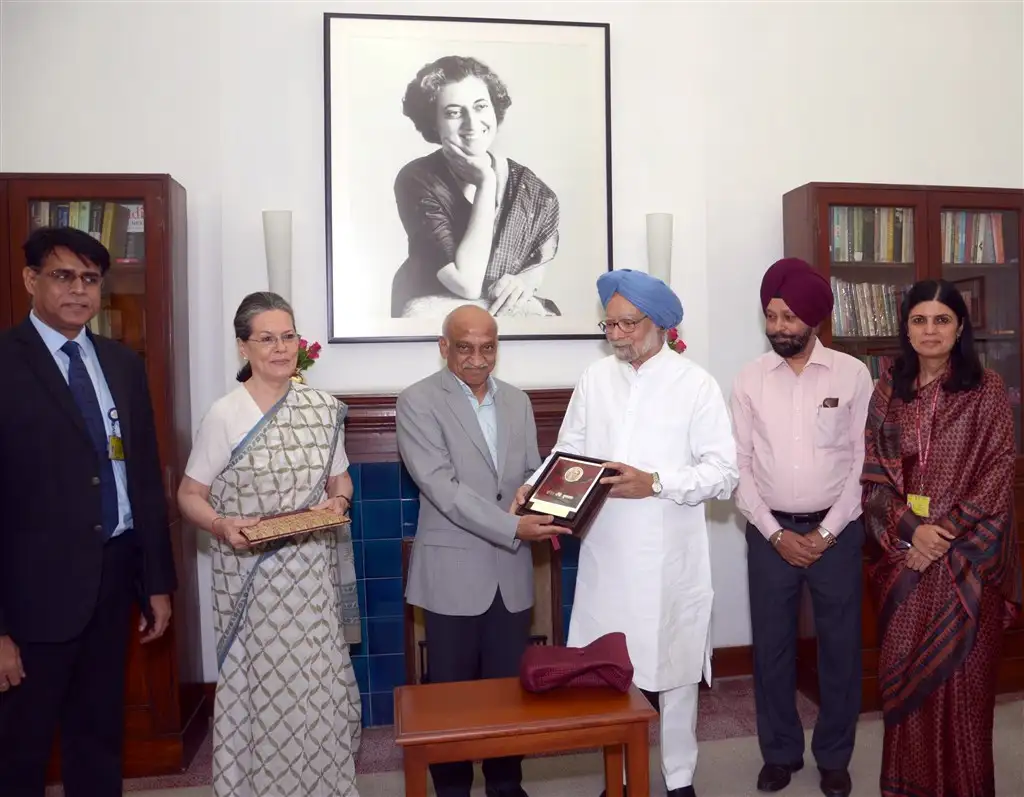
3. Jawaharlal Nehru Birth Centenary Award:
Conferred by the Indian Science Congress for his contributions to the field of economics and public policy.
4. Honorary Degrees:
Singh has received honorary doctorates from various prestigious institutions, including:
- University of Cambridge
- University of Oxford
- Moscow State University
- University of Alberta
- University of Bologna
Notable Achievements
1. Economic Liberalization (1991):
– As Finance Minister, Singh introduced landmark economic reforms that liberalized the Indian economy, transitioning it from a closed economy to a market-driven one. This included reducing import tariffs, deregulating markets, and encouraging foreign investment.
2. Prime Ministerial Tenure (2004-2014):
- First Sikh to hold the office of the Prime Minister of India.
- Led India through a period of high economic growth, averaging 8-9% GDP growth.
- Introduced significant social schemes such as the National Rural Employment Guarantee Act (NREGA) and the Right to Information Act, aiming to improve transparency and uplift the underprivileged.
3. International Relations:
- Strengthened India’s relationships with major global powers, including the United States, European Union, and neighboring countries.
- Played a key role in the India-U.S. Civil Nuclear Agreement, which ended India’s nuclear isolation and facilitated the peaceful use of nuclear energy.
4. Academic Contributions:
- Singh’s extensive work in economics, including numerous papers and articles, has influenced both national and international economic policy.
- He has served as a professor at institutions such as the Delhi School of Economics and the Punjab University, contributing to the education of future economists and policymakers.
5. Public Service:
– Held various significant positions including:
- Governor of the Reserve Bank of India (1982-1985)
- Deputy Chairman of the Planning Commission of India
- Economic Advisor in the Ministry of Foreign Trade
- Secretary in the Ministry of Finance
- Chief Economic Advisor to the Government of India
“FAQs About Manmohan Singh“
Q: When was Manmohan Singh born?
A: He was born on September 26, 1932.
)
Q: What is Manmohan Singh’s age as of 2024?
A: As of 2024, He is 91 years old.
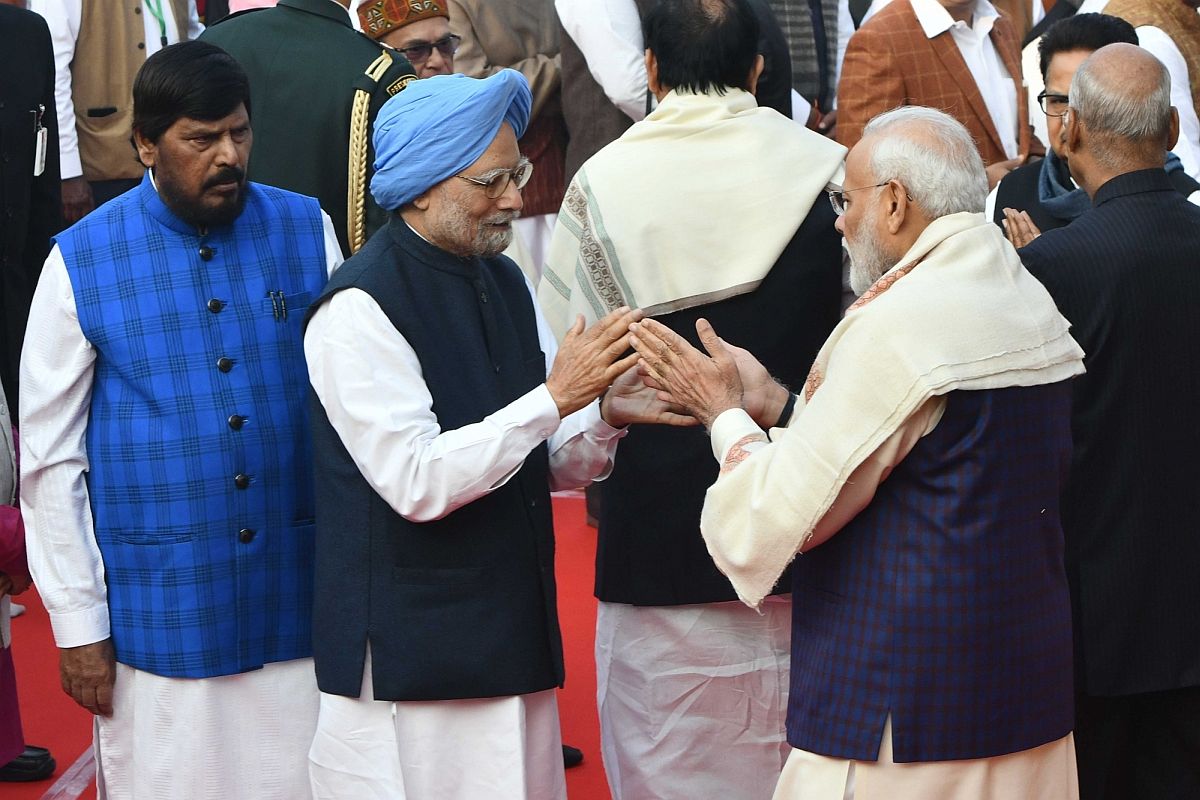
Q: Is Manmohan Singh still alive?
A: Yes, Manmohan Singh is alive as of 2024.
Q: What are some notable achievements of Manmohan Singh?
A: Some of Manmohan Singh’s notable achievements include:
– Spearheading India’s economic liberalization in 1991 as Finance Minister.
– Serving as the Prime Minister of India from 2004 to 2014, during which India
saw significant economic growth and development.
– Introducing key social schemes like the National Rural Employment Guarantee Act (NREGA) and the Right to Information Act.
Q: What positions has Manmohan Singh held in his career?
A: Manmohan Singh has held various significant positions, including:
– Finance Minister of India (1991-1996)
– Governor of the Reserve Bank of India (1982-1985)
– Prime Minister of India (2004-2014)
Q: Who is Manmohan Singh’s wife?
A: Manmohan Singh’s wife is Gursharan Kaur.
Q: How many children does Manmohan Singh have?
A: Manmohan Singh has three daughters: Upinder Singh, Daman Singh, and Amrit Singh.
Q: What is Manmohan Singh’s educational background?
A: Manmohan Singh completed his undergraduate degree in Economics from Punjab University, Chandigarh. He then went on to earn a DPhil in Economics from the University of Oxford.
Q: What is Manmohan Singh known for in Indian politics?
A: Manmohan Singh is known for his role in economic reforms that liberalized India’s economy in 1991 and for his tenure as the Prime Minister of India, where he focused on economic growth, social schemes, and improving international relations.
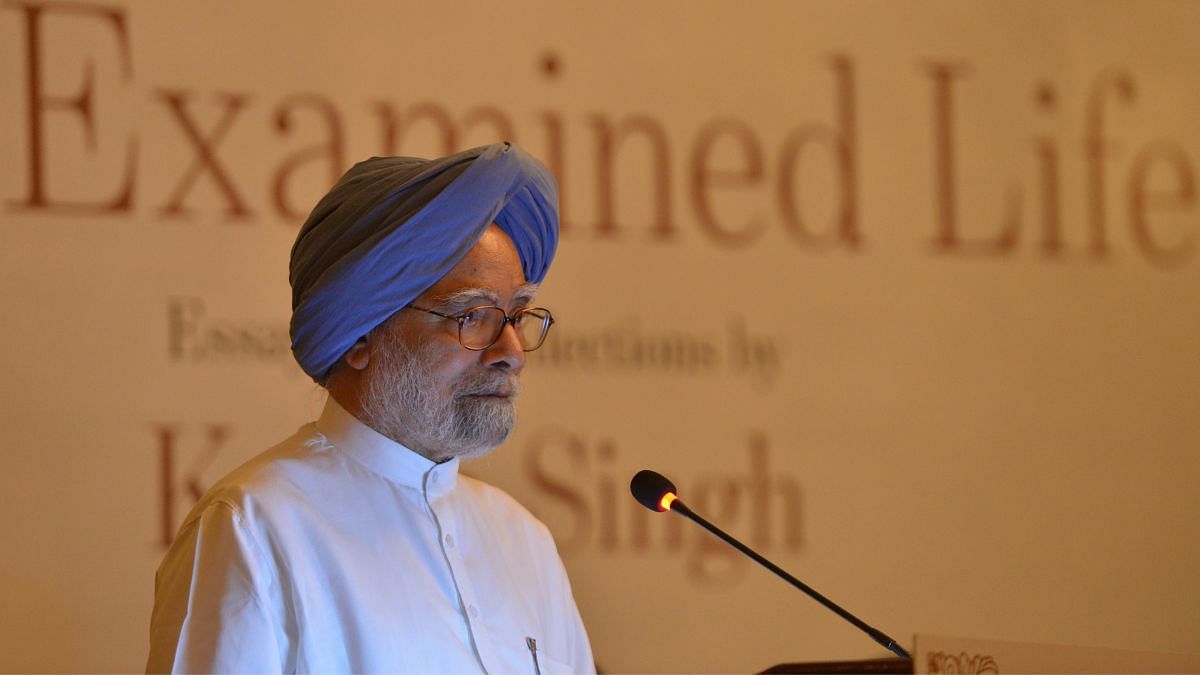
Q: Where can I find more detailed information about Manmohan Singh?
A: For more detailed information, you can visit Manmohan Singh’s www.everydaynewday.com where you find the all details about manmohan singh or visit our instagram account official.everydayday where you can know everything about manmohan singh through visualization.
Conclusion:-
Manmohan Singh’s life is marked by a series of significant awards and achievements that reflect his profound impact on India and the world. His role in liberalizing India’s economy, his tenure as Prime Minister, and his contributions to international relations and academia have cemented his legacy as a pivotal figure in modern Indian history. His life and career are a testament to the profound impact that dedicated and visionary leadership can have on a nation. His contributions to economic policy and governance have left an indelible mark on India’s development trajectory. Even in retirement, Singh’s insights and legacy continue to guide and inspire future generations of policymakers and leaders.

For more detailed information about Manmohan Singh, you can visit our website www.everydaynewday.com or follow our instagram page https://www.instagram.com/official.everydaynewday/











